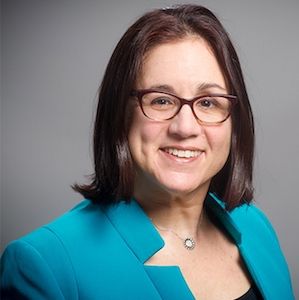Video
Benefits and Risks of HSCT in SCD
Abdullah Kutlar, MD, reviews the benefits and risks of treating patients with hemopoietic stem cell transplant.
Ifeyinwa Osunkwo, MD, MPH: What are the main drawbacks of stem cell transplantation?
Abdullah Kutlar, MD: We are seeing an increasing number of publications on later effects of transplant, which are not many. If you consider the risks vs benefits at the present time, I will say the benefits far outweigh the risks. But there are certain things that, and again, we are living through. It’s very important for patients who are being referred for stem cell transplant to have an understanding of adherence. If you’re not adherent to hydroxyurea, your disease will not improve. But after a transplant, if you’re not adherent with your immunosuppressant, you will die. It’s that different. We have a patient, a young lady, who underwent a transplant from a matched unrelated donor and stopped her tacrolimus. She has been in the hospital for weeks in a row with very severe GVHD [graft-versus-host disease], so much so that our transplanters have exhausted every means. Now they are considering a fecal transplant, which evidently is being used. It’s very important, although transplanters do a very thorough job in warning the patients and educating the patients. And adherence with clinic medications is one of the criteria to accept patients for transplant in most institutions. But we cannot stress that aspect enough. That is the most significant barrier now. As sickle cell treatment providers, we need to try to educate our patients who are being referred to transplant that this is no joke. It’s not like not taking your hydroxyurea.
Ifeyinwa Osunkwo, MD, MPH: Pat, what do you think about the idea of fertility? I had a family that had a matched sibling, the child had had a stroke, and they were like, “No. It’s my first-born son.” It was an African family. “I’m not going to let him go and not have a child.” They chose not to do the transplant and to let him decide after he became of age where he can save his sperm.
Abdullah Kutlar, MD: You’re bringing up a very important point, and fertility preservation should be offered. These are young people for the most part, and they have every right for reproduction. But the problem with that is I don't know if fertility preservation measures are covered by third-party payers. It used to be not, so that may be a barrier. I don’t know what the situation is.
Patrick McGann, MD, MS: It’s a big problem. The evidence shows that the earlier you do a transplant, the better the outcomes are. I know you have malignant processes where fertility preservation is covered, and of course sickle cell disease always struggles with equity here. If it’s covered, it really needs to be covered for anyone, if it’s available. As we think about gene therapy and these other options where fertility may be an issue….
Abdullah Kutlar, MD: It’s the same thing.
Patrick McGann, MD, MS: It has to be a one for all. If anyone gets fertility preservation who gets chemotherapy, sickle cell disease must be included. It makes no sense to consider them differently.
Transcript Edited for Clarity




